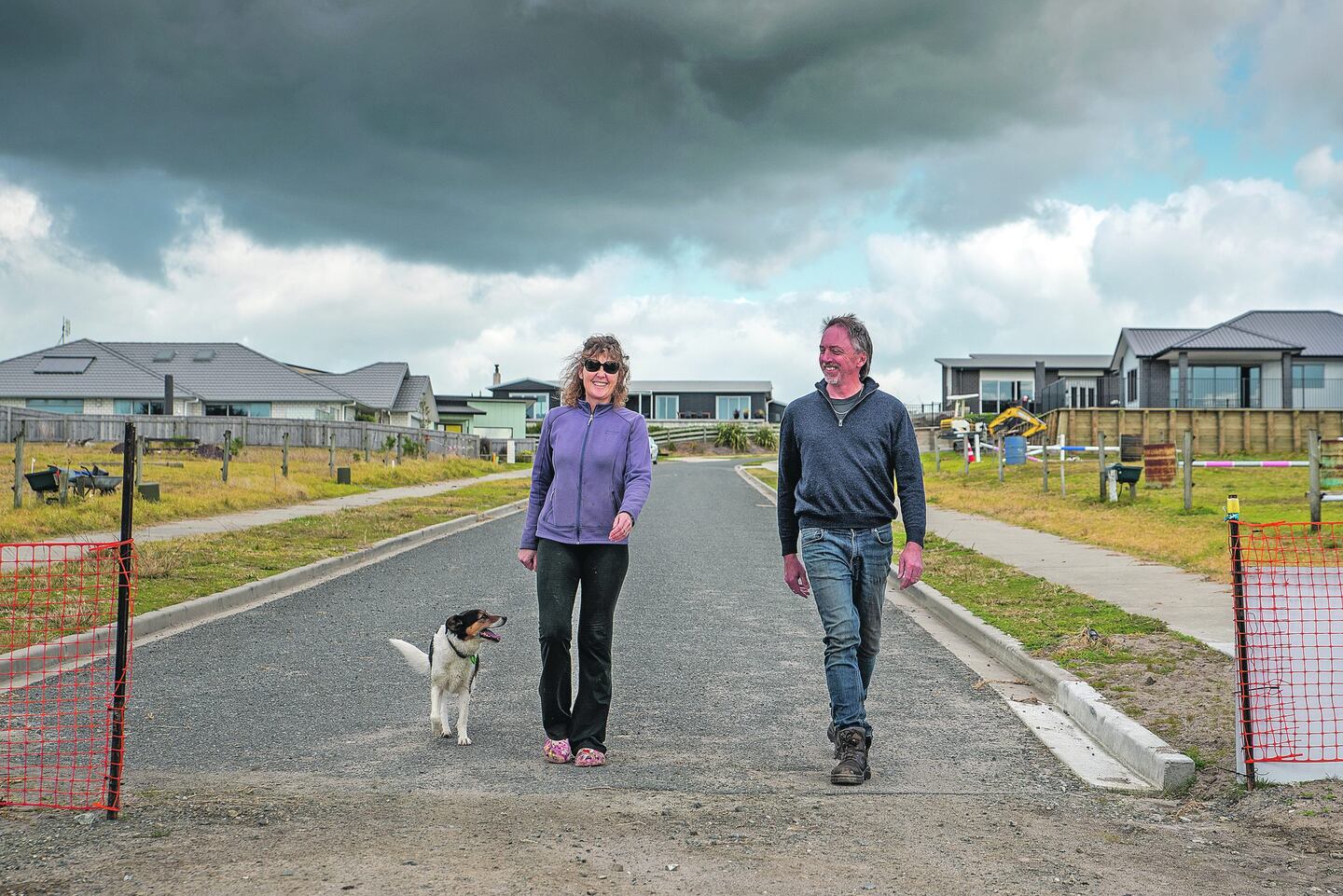A five-year-long Whakatāne road-naming saga has finally ended with district councillors voting through ‘Acacia Avenue’ - the preferred name put forward by the developer.
But at last week’s living together committee, three Māori ward councillors spoke against the adoption of the name for the road, off Bunyan Road at Piripai,
Councillor Tu O’Brien asked why the name was now acceptable when the criteria on which it was rejected in 2019 had not changed.
He said the suggested name, Acacia Avenue, did not reflect the significance of the cultural landscape, continue an established theme for road names in the area, reflect a significant landscape feature or flora or fauna local to the area, all listed as preferences in the council’s Road Naming and Property Address policy.
“Nor does it reflect a historical local event or prominent local person.”
“The policy hasn’t changed, the criteria hasn’t changed, the assessments haven’t changed, so these should still be applicable.”
He pointed out that the Acacia tree was not a native of New Zealand.
An alternative name, Waana Davis Place, endorsed by Ngāti Awa hapū Wharepaia and Ngāti Hokopū ki te Whare o Toroa, did meet the the policy’s preferences.
The late Waana Davis (Ngāti Awa and Ngāti Kahungunu) was a Whakatāne-born teacher and supporter of traditional Māori arts who was made Companion of the Queen’s Service Order in 2002 for public service.”
O’Brien was supported by councillors Ngapera Rangiaho and Toni Boynton, but Acacia Avenue won the majority vote.
Mayor Victor Luca said the wording of the policy was not strong, stating “preference would be given” to road names with cultural, historical and geographic significance rather than that the road name “shall” include these qualities.
“Preference is not a strong way of putting it,” he said. “Then it says, ‘naming of new roads or private ways will be the responsibility of the developer’. One’s got uncertainty built into it and one’s got certainty. I know it’s a line ball call and I really don’t like Acacia Ave either. I’d prefer Waana Davis, but to try and be true to what’s written in the policy leads me the other way.”
Councillor Gavin Dennis said, “after five years we need to move on”.
“Google has beaten us to it. They’ve called it Acacia Road and I think it’s sad that we’re still fluffing around trying to work out what it is.”
Councillor Andrew Iles said he was in support of the developer.
“If we’re going to come down hard on developers in regard to road naming we’re going to see developers think, ‘is it really worth it?’.
Developers Darrin and Dianne Hawkes put the name Acacia Avenue forward as their preferred option in 2019.
The name was rejected at that time partly for the reasons mentioned by O’Brien and also because the road did not fit the description of an avenue as set out in the policy, being more of a cul-de-sac, in nature.
The idea was also put forward that Ngāti Awa be consulted as the area held cultural significance for the iwi. While this was not a requirement, it was being considered as a necessary step in a review of the policy that was underway at the time.
In August last year, the matter appeared before the committee after the developers’ attempts to engage with Ngāti Awa had failed and the council had engaged with the iwi on their behalf, through their cultural advisor Pouroto Ngaropo.
Ngaropo had suggested the name Papakangahorohoro Road, which the Hawkes asked the council to reject as it was impractical, being too long. It also failed to meet the criteria of the policy, which stated road names, exclusive of road type, not exceed 15 characters.
The Hawkes reiterated that their preferred name was still Acacia Avenue and presented the committee with a petition signed by all of the residents of their development in support of that name.
However, the Hawkes said they were willing to engage and consult with the council and local hapū around a mutually acceptable name. Council staff were asked to facilitate a collaborative approach to the road naming between the developers and the iwi and hapū.
At last week’s meeting, despite a new alternative name being available, Acacia Avenue was given as the preferred option in a report to the committee. Reasons included that the residents of the street were already familiar with the name and that the new proposed name could still be used for future developments.
Hawke told local democracy reporter he was satisfied with the outcome of the process.
The committee approved a revised Road Naming and Property Addressing Policy later in the meeting.
Key changes to the policy included ensuring new road names were reflective of the history, culture and identity of their area, enabled local iwi and hapū to participate in naming processes and and ensuring naming processes were completed within reasonable time frames.


